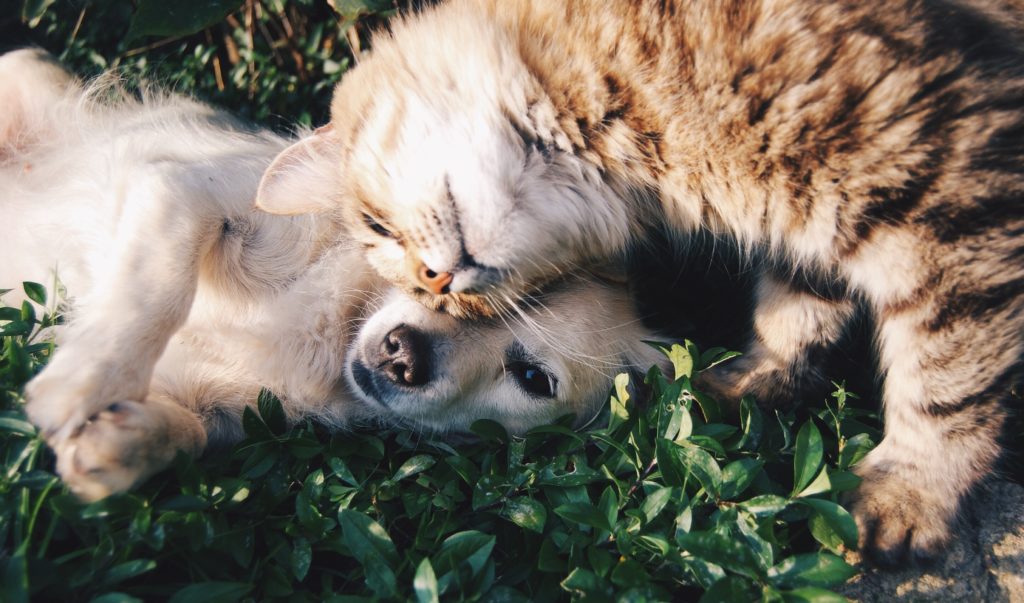![]()
Gentle, compassionate ISFPs dream about being parents and usually find that the reality of the task actually lives up to their imaginings. This practical type understands without being told that being a parents is difficult, but they also see all the benefits of the role as well. And to ISFPs, the benefits usually far outweigh the negatives.
General Overview
ISFPs are often the most natural parents. They’re warm, patient and understanding, so they understand better than any other type what to expect from their children and they look forward to the challenges that parenting will offer. ISFPs often find their greatest strengths in being parents because the job uses and stretches the best parts of their personalities and tendencies, and often they come out on the other side both stronger and more compassionate. Which is only one of the reasons why ISFPs enjoy being parents so much. ISFPs also enjoy using their practical, emotion based skills to help others, and the parenting role gives them a prime opportunity to do so.

“ISFPs also enjoy using their practical, emotion based skills to help others, and the parenting role gives them a prime opportunity to do so.”
Photo by Priscilla Du Preez on Unsplash
Household Organization and Discipline
The ISFP is usually one of the most laid back personality types. They use extraverted sensing as their auxiliary function, which gives them an open-mindedness as well as a dislike for schedules. ISFPs are more likely to pull their children off on an adventure than to adhere to a strict routine too long because they believe that new experiences encourage the most growth. And they aren’t wrong about that.
But this openness also extends to discipline as well and this is where problems can arise. ISFPs believe that their children need to learn through experience, through trying and failing and finding a better way. But this doesn’t always work in the external world, where other people or social norms dictate that some behaviors or habits are flat out unacceptable and should never be displayed. And an ISFP is likely to take it very hard when they’re told by others that their children are out of control and need discipline when they see their behavior as just part of the learning process. This is one of the most important lessons an ISFP will ever learn, that children don’t have enough maturity to always judge their behavior and learning to do so is one of the most important duties of any good parent.
The ISFP and Emotional Support
ISFPs love to give emotional help and support to others and this is their greatest strength as people and as parents. Where others might feel overburdened trying to constantly support and empathize with their children, this type thrives and shows the depth of their emotional intelligence. An ISFPs child will find a near constant source of support and advice from their ISFP parents, but they’re rarely overbearing about it. ISFPs are naturally relaxed and laid back, and understand the need for freedom and self-expression, and this stops them from overwhelming their children or trying to control them.
The ISFPs Engagement Level

“ISFPs love nothing more than to explore and learn things alongside their children and will often encourage them to try activities that the ISFP enjoys, so they can do them together.”
Photo by Dawid Sobolewski on Unsplash
ISFPs are usually very engaged with their children. They love nothing more than to explore and learn things alongside their children and will often encourage them to try activities that the ISFP enjoys, so they can do them together. An ISFP parent will actually become more like an extrovert when their children are young, forgoing their usual need for privacy in exchange for spending most of their time in the presence of their children. To this end, they’re usually very happy to take their children to activities and will be a vibrant and interested part of their academic life as well.
The ISFP and SJ Children
The ISFP parenting style is extremely relaxed and open. They believe that this is the best way to encourage the exploration and experimentation that is necessary for growth. But SJ children require more structure and routine to feel safe. This type are very reliant on traditional values and structures, and they need their parents to give them those values and that guidance. Without it, SJ children may feel abandoned and unsteady no matter how much emotional support their ISFP parent tries to give them. This can be a major problem with this parent child relationship and one the ISFP parent will have to work hard to overcome.
The ISFP and SP Children
SP children will thrive under the parenting style of an ISFP. These parents have enough emotional intelligence to give them the support they need, while also favoring an open, accepting household and lifestyle that fits well with SP preferences. This parent child relationship will be easy and open, with both giving the other good amounts of support and attention as well as the autonomy to grow and learn.
The ISFP and NF Children

“An ISFP parent and a NF child will usually be a good match. One issue that might arise here is with the different communication styles.”
Photo by Krista Mangulsone on Unsplash
An ISFP parent and a NF child will usually be a good match. The ISFP is naturally warm and nurturing, which will be comforting for their NF children and give them a solid foundation for the rest of their lives. One issue that might arise here is with the different communication styles. NF children tend to be fairly abstract. They use introverted or extraverted intuition as their primary or auxiliary and this gives them a bias towards abstract, future focused thought. The concrete, practical ISFP, who prefers to be out in the world doing things, will often struggle to understand this way of seeing the world.
The ISFP and NT Children
ISFPs often find their NT children to be very strange. NT children aren’t usually very active. Even the ones that are extraverts prefer to be doing something constructive rather than just exploring for the sake of it. Also, this type are deep thinkers, and can spend a lot of their time just turning over ideas in their heads. To an ISFP, who prefers to be constantly in action, this can seem like timidity or some other issue that needs to be overcome. And any ISFP parent who tries to push their NT child outside of their shell will find themselves resisted with single minded ferocity. ISFP parents need to learn to take a step back with their NT children and accept that their way is not always right for all personality types.
Final Thoughts
ISFPs love having children and they’re usually very good parents. They do sometimes encounter problems with their children misbehaving however, because they can be reluctant to discipline them, preferring that they learn through experience. But with a little hard work and maybe the help of someone who’s a little more regimented, they can overcome this and restore peace to their household.
References
- Irish Chelsea. “Developing “Sensation” for ISFPs and ISTPs“. Apr 3, 2017. (Retrieved Feb 2018).
- Storm Susan. “ISFPs ISFPs and Empathic Mirroring“. Dec 28, 2016. (Retrieved Feb 2018).
- “ISFP – The Artist“.